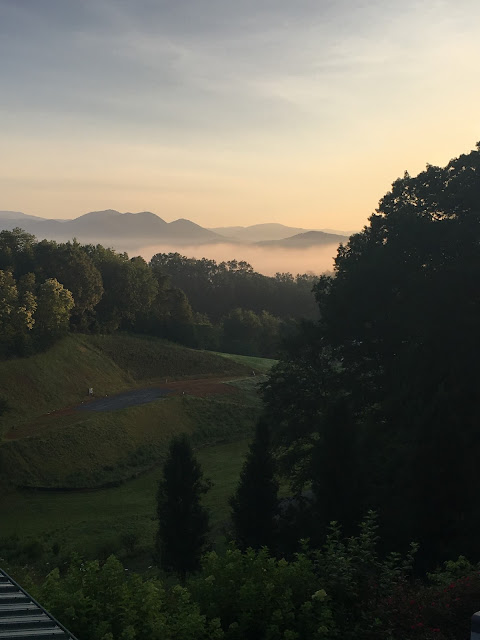Clinical Day 2 - July 12, 2017
Raising a child in the Native American culture is done by
the parents as the first option and if that is not the best case, the child is
never pushed out of their Native American Culture, but then raised by their
grandparents or aunts and uncles. The women in this culture are very much
respected along with the elders. For example, one nurse from Cherokee we got
the pleasure of learning from, explained to us that when a Cherokee couple get
married the man is the one who transfers to the woman’s clan, which is an
aspect of showing their matriarchal respect (Victoria, 2017). The children and
elderly population are cared for in a lot of the same ways and have a lot in
common in this specific community and in most Native American cultures. To be
honest, most of the family units I have observed the past two clinical days
have been broken ones or untraditional families, sadly due to the drug epidemic
happening in this part of the country that is affecting their younger
population so badly. Even thought the blood families are broken, that is not to
say that there is a lack of support in this community because that is
absolutely not the case. The Cherokee support each other and all kinds that
walk through their land; this community feels like one huge family gathering
everyday that I’m here. Generations of Native Americans have been through
hardships that people like myself couldn’t even imagine having to go through
and because of that over the years they have developed resilience. Children who
witness their parents or grandparents show perseverance and resilience through
hard times will grow up to have that quality as well and be able to deal better
with stressful situations and have a higher tolerance level of stress and
negativity that will allow them to bounce back rather than make the wrong
decision.
(Victoria, 2017).

Comments
Post a Comment